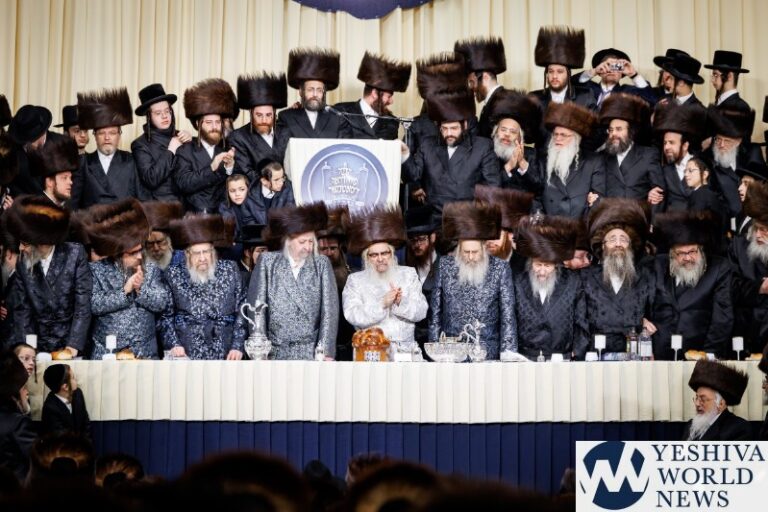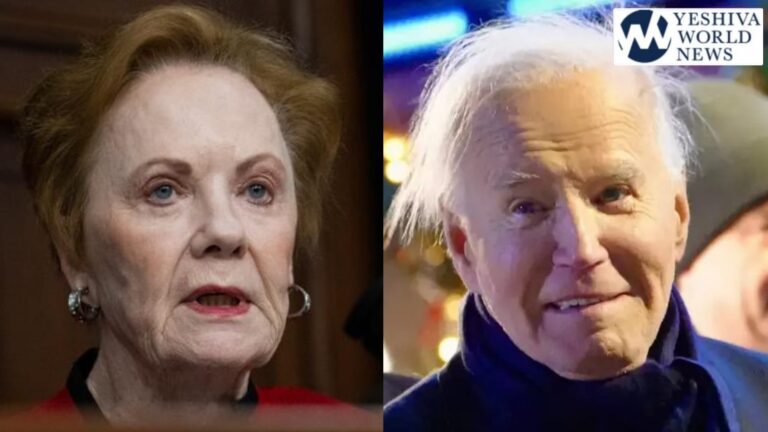 One time in mid-2003, as I was exiting the White House Situation Room — a day after President George W. Bush had delivered a major speech on foreign policy — I remarked to a career guy at the State Department that we needed more discussion on some issues but that, at least on those the president had covered, we now knew what the policy would be. I distinctly remember his answer, which was that the speech did not matter.
One time in mid-2003, as I was exiting the White House Situation Room — a day after President George W. Bush had delivered a major speech on foreign policy — I remarked to a career guy at the State Department that we needed more discussion on some issues but that, at least on those the president had covered, we now knew what the policy would be. I distinctly remember his answer, which was that the speech did not matter.
“Policy is made by the interagency process, not some speech!” he said.
My colleague was wrong: Presidents can and certainly should make policy, but they will get their way only if they lead and fight.
The federal bureaucracy is vast, especially when it comes to national security policy, which includes — as a start — nearly 34,000 State Department employees, more than 2 million people at the Defense Department and perhaps 20,000 more at the CIA. So how is policy made? Is it through the so-called interagency process — meaning the endless meetings, memos, arguments and agreements by which the many agencies and departments make decisions?
In truth, if the president is ignorant, uncommitted or simply relies on assistants and the bureaucracy, his or her administration will get a hodgepodge of policy — a pudding with no theme.
The president’s loyalists, primarily at the National Security Council but also sprinkled throughout the bureaucracy, can enforce the president’s policies if they are clear and detailed, if the administration is willing to insist on them and if the staff believes in the president’s agenda.
Under Ronald Reagan, for example, Secretary of State George Shultz was always willing to listen to in-house criticism of the president’s policies. But I recall him ending one meeting by saying, “You know, you may be right. And all you need to do is get yourself elected president, and we’ll do it your way. But since Ronald Reagan got himself elected president, we’re going to do it his way.”
Shultz deliberately selected assistant secretaries who were not career Foreign Service officers, but were instead political appointees loyal to the administration.
Such an approach can work only if there are clear policies to follow and if the president will enforce them. In bureaucratic warfare, big fights get elevated, level by level, until they reach the Cabinet or, in critical cases, go right up to the president. Fighting for a president’s policies against powerful officials requires some confidence that when the issue reaches the president, he’ll back you up. If not, why bother?
In the George W. Bush administration, for example, I resisted for months the desire of one top general to visit Syria and speak with Bashar al-Assad about the war in Iraq. Assad’s Syria was then the route of most of the jihadis entering Iraq to kill Americans, and I was sure the president would view pleas to Assad as a mistake suggesting real American weakness. Eventually, the general balked at having his plans stopped by a White House staffer and set a date for his trip. The only way to prevent his travel was to go to the president. I had gambled on knowing what the president would want, and I was right. When asked, he immediately said no: No four-star general of the United States would beseech that vicious dictator to be nice to us.
Even with clear presidential leadership, controlling the huge apparatus called the U.S. government is very difficult. The National Security Council’s size has ranged from about 50 members under George H.W. Bush to about 400 today. But it isn’t size that matters most: It’s having clear presidential guidance and knowing what the president wants, best of all by hearing it directly from him. That’s why a 400-person council may encounter diminishing returns. The most effective thing a loyalist can say in an interagency meeting is “No, the president said yesterday that he wants X and not Y. I was there, and I talked to him about it.”
Policy details emerge from policy themes. The George W. Bush administration’s “freedom agenda” did not emerge from and was in fact resisted by the bureaucracy. It was up to loyalists in his administration to push it, year after year and day after day: in speeches, in instructions to ambassadors, in meetings, in cables and emails. But that happens only when the president demands it, shows where he wants to go and requires that the whole government follow.
Absent presidential leadership, the government will not collapse. But the policies it follows will be the uncoordinated result of major bureaucratic institutions each fighting for its privileges and its own favored outcomes. The president makes foreign policy if he or she knows and cares enough to lead the struggle for control.
Special To The Washington Post · Elliott Abrams










